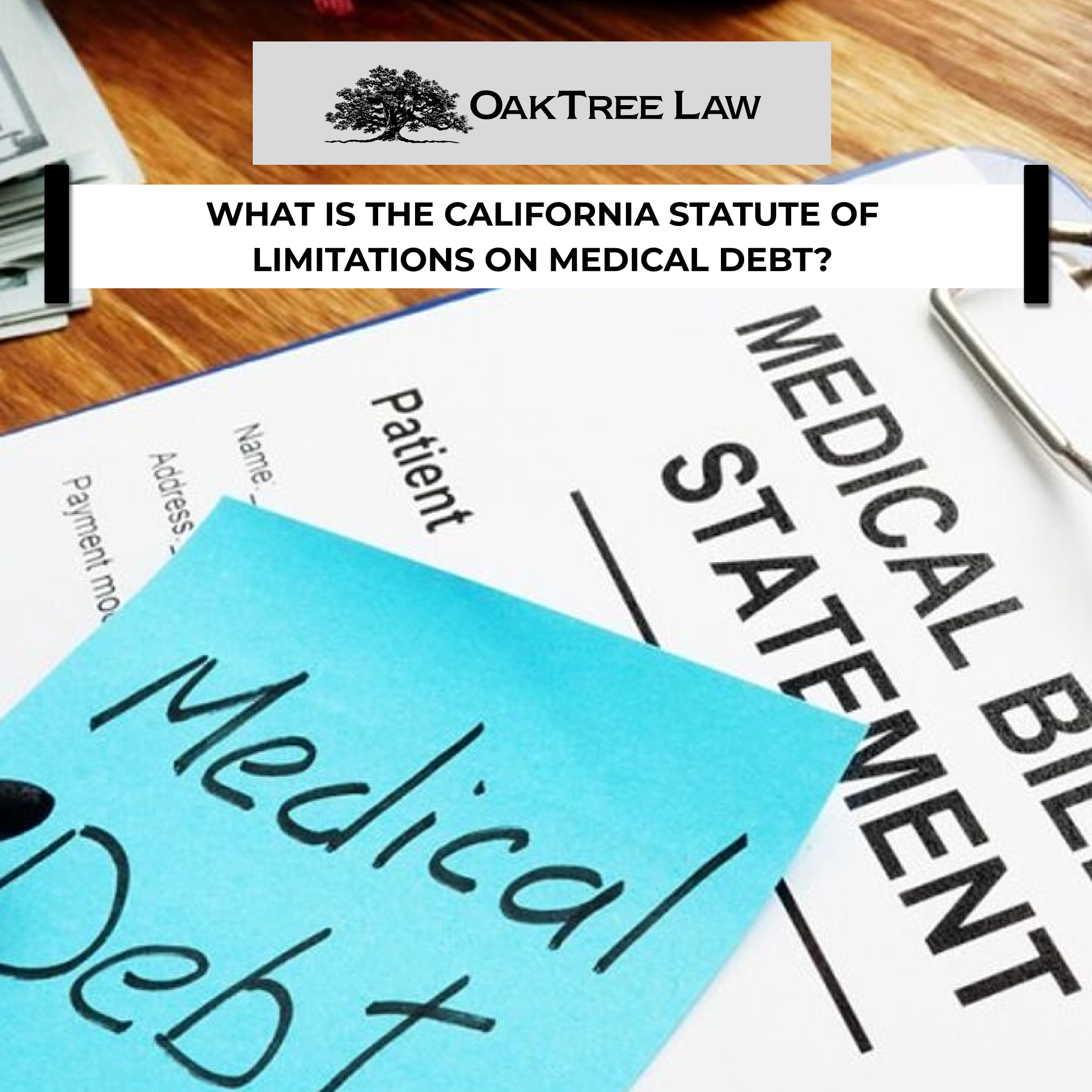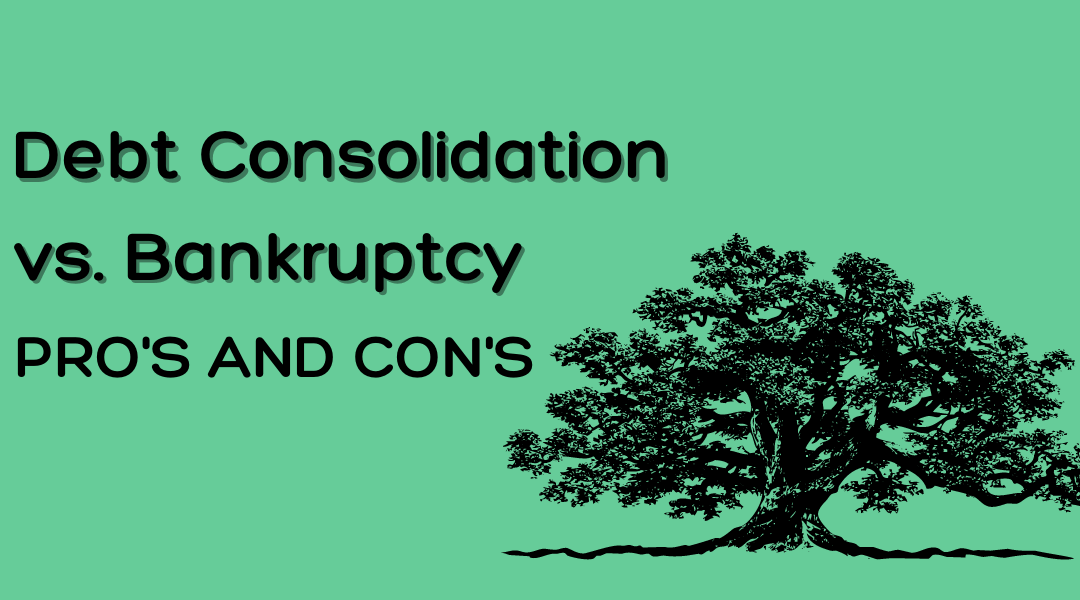Owning a small business may be your dream, but starting one often requires borrowing money. Taking on the right amount of debt can be beneficial. However, this depends on timing. Too much debt is one reason half of small businesses fail in their first five years. There are many ways to deal with small business debt; before you make a call to a Los Angeles bankruptcy attorney, consider these options first:
Focus on Saving Your Business
You can focus on saving the business while managing its debt. Dipping into your personal savings is one option, which can lead to success or failure. This is a short-term strategy that must have a long-term payoff if it’s going to work. Other useful tactics include:
- Reducing business costs: If you want to keep your business and private finances separate, try cutting costs. Eliminating personnel shouldn’t be your first move. You may need your employees to stay in business. Try selling unused equipment or, if you have office space that’s not being used, consider subleasing it. When looking to reduce costs, examine your financial statements and determine what services and operations your business absolutely needs, and cut out the rest.
- Increase your revenue: The best way to boost revenue is to get in touch with your customers. Targeted marketing, diversification, upselling to existing customers, selling off surplus, or raising (or lowering) your prices can work. Increase exposure to gain new clients or offer regular customers discounts if they can pay sooner. Also, try contacting vendors to reduce prices, agree upon flat rates, or arrange discounts or deferred payments with your suppliers.
- Communicate with creditors/lenders: The sooner you act on a debt problem, the better. If necessary, consult a reputable debt-relief company that can negotiate on your behalf, so you pay less than what you owe. Another solution is to contact lenders directly to negotiate lower interest rates, restructure your payment plan, or increase your credit line. Loan consolidation is another option worth considering, which combines loans into one payment and lowers your monthly costs while keeping your credit intact.
Accept Failure
Shutting your business down is an option if your debts are too much to manage. However, walking away can lead to more trouble; your creditors may file suit or target your personal assets. To avoid such hassles, you can:
- Sell your business to obtain the funds to pay off creditors and lenders.
- Liquidate your assets and negotiate with creditors for them to be distributed.
- Declare Chapter 7 bankruptcy, and a trustee will sell your business’s assets, pay owed taxes, pursue outstanding accounts receivable, and distribute remaining funds to your creditors.
You could declare Chapter 7 personal bankruptcy. In doing so, personally guaranteed business debts can be eliminated. You get a clean break, although there will be negative impacts on your credit rating. A bankruptcy filing stays on your personal credit report for at least seven years. The bottom line is, if you allow your business to fail in order to settle debts, you need an exit strategy to find the best financial solution.
Allow OakTree Law to Help Manage Your Small Business Debt
OakTree Law provides a range of financial services, from loan modification to help filing for bankruptcy. Our Orange County bankruptcy attorney can work with you in making the best decision to regain your financial footing. If you’re dealing with large amounts of business debt, contact us at 562-219-2979 or request a free evaluation, and we’ll help you choose from the best debt-relief options.








